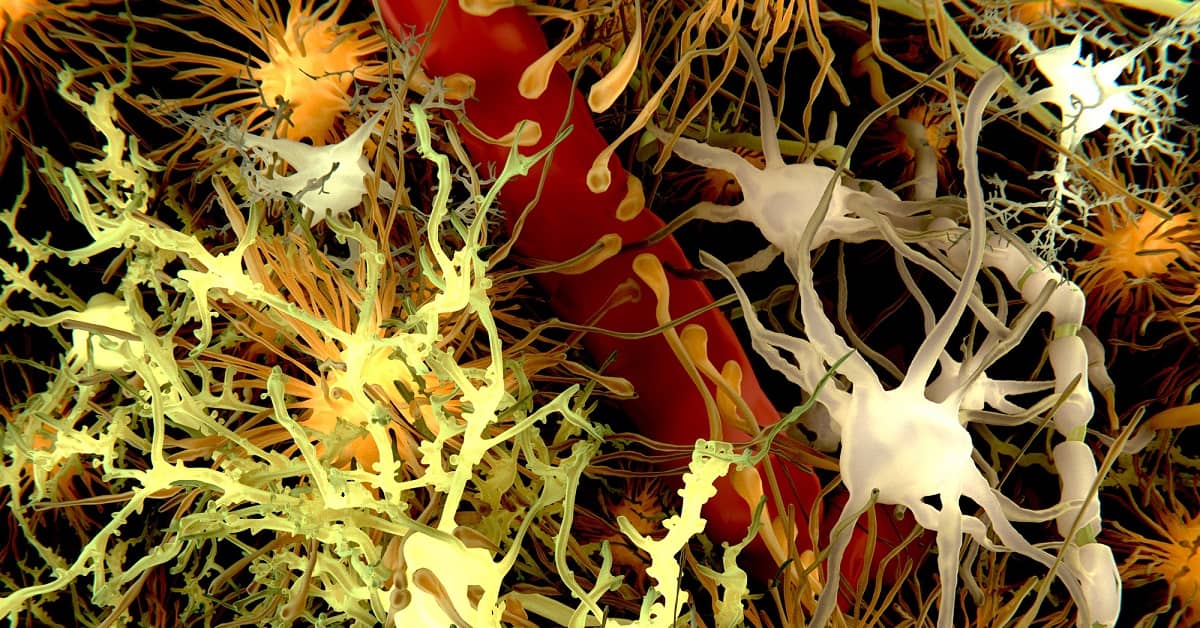
Gene Research Reveals Discovery of Memory Saving T Protein
The first gene, MS4A4A, is linked to the development of Alzheimer's disease. The second gene, called TREM2, can undergo a rare genetic mutation that was also strongly linked to the development of Alzheimer’s disease in earlier research. Scientists believe both genes influence the risk of Alzheimer's by altering levels of a protein of the same name, TREM2. For clarity’s sake in this article we’ll call the TREM2 protein the T protein. The T protein plays a critical role in the activation and survival of microglia immune cells and may help them clear excess amyloid and tau from the brain. But scientists wanted to see what role the T protein plays in the protection against or development of Alzheimer's. For the study, the scientists measured levels of T protein in the cerebrospinal fluid of 813 people aged between 55 and 90. Of these, 169 were cognitively healthy and 172 had been diagnosed with Alzheimer's, while the rest had varying degrees of memory loss. Scientists also carried out extensive tests on the participants' DNA to find genetic variations that could influence T protein levels in the cerebrospinal fluid (which I’m going to call CSF for simplicity). After conducting their analysis, they validated their discoveries in another group of 580 older adults. Here’s what scientists found:- a) one variant of MS4A4A is linked to lower levels of T protein in the CSF, and this increases the risk of developing Alzheimer's.
- b) another variant is linked to higher levels of T protein in the CSF, and this protects against Alzheimer's.
